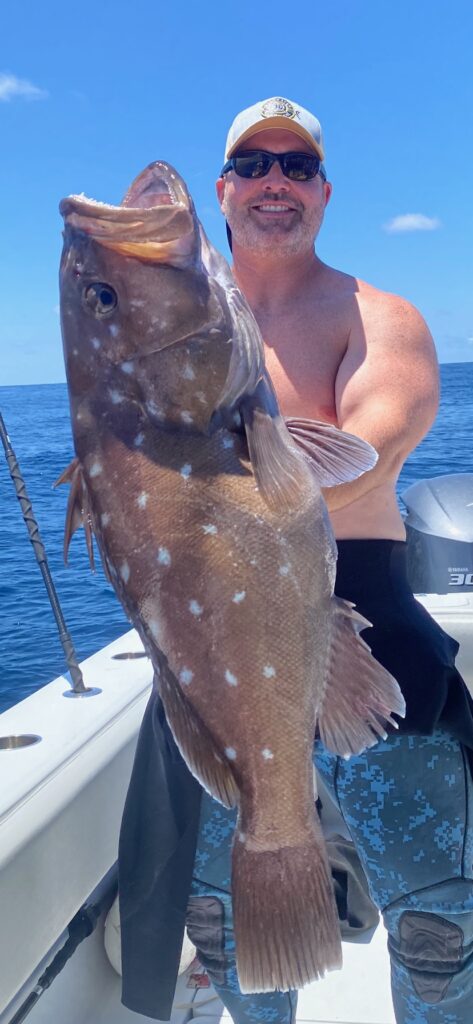Creating a balance: Sen. Stephen Goldfinch talks recent boating and fishing legislation
August 16, 2022

By: Matthew Goins
For a guy who grew up on the coast of South Carolina and began casting lines and captaining boats at a young age, fishing and boating are a natural way of life for Sen. Stephen Goldfinch (R – Georgetown).
As a senator, during a time of historic economic growth in the Palmetto State, the avid sportsman has discovered the need for balance between economic growth and preserving natural resources. “I appreciate the growth and support boating and fishing give our communities,” said Goldfinch. “However, I also struggle with it at times because I live in and represent the highest growth area of the state, and it puts pressure on our resources.”
Whether balancing economic growth and ecological efforts or balancing fishing regulations and guaranteeing access for anglers, Goldfinch has been a key legislator in several industry-focused legislative initiatives, especially flounder and red snapper regulations.
In the previous session, flounder limits were a controversial and hostile issue for the fishing industry that created a divide across the state and in Columbia. Commercial fishing groups and DNR believed the flounder population was declining; therefore, the state needed to either limit recreational catches or move to a moratorium.
After adopting changes from the conference committee, the state legislature passed H.3957, which allows for five flounders per person and 10 per boat, helping stop excessive gigging. “I believe what we have done works and gives everyone an opportunity for a legal fish which I am proud of,” said Goldfinch.
Red Snapper was another species that the legislature addressed, with efforts led by Goldfinch and Sen. Chip Campsen (R-Charleston). The two Lowcountry senators and avid anglers adopted legislation that would create a red snapper season within state waters to control the overpopulation of the species. In May, Gov. Henry McMaster signed S.980, which allows anglers to keep two red snappers over 20 inches per day. “These fish are moving inshore a little further by the day, and if we don’t start catching them, keeping them, and quite honestly killing them, then they’re going to kill our red drum, speckled trout, and black sea bass,” said Goldfinch.
In the next session, Goldfinch hopes to see the legislature work with DNR to end the taxation of outboard motors. Currently, South Carolina is one of only six states that still impose the tax. As a boat owner himself, Goldfinch believes the excessive registration and taxes on boats with multiple outboard engines make boat ownership more burdensome for many South Carolinians.
Despite the heavy partisanship on other issues in the statehouse, boating and fishing are two industries that unite lawmakers because of the heavy participation and economic impact. “There’s nothing partisan about boating and fishing,” said Goldfinch. “Everybody wants to enjoy the water, whether boating or fishing.”
Goldfinch credits SCBFA for being crucial in raising awareness of the state’s boating and fishing industry while providing insight on the issues at hand. “It’s helpful to have a trade association there to pin your ear and educate you about the issues at hand while also offering solutions,” said Goldfinch.
He urges South Carolinians to “never take for granted what we have. At the growth we are experiencing, our natural resources could look very different than they do now.”
In addition to serving in the State Senate, Goldfinch co-hosts the Trilogy Outdoors podcast, where he and Capt. Englis Glover discuss the outdoors and “anything that deals with fins, fur, and feathers.” The podcast is available on Spotify and Apple Music.
Protecting and Expanding Boating and Fishing in South Carolina
©2021 South Carolina Boating and Fishing Alliance. All Rights Reserved.

